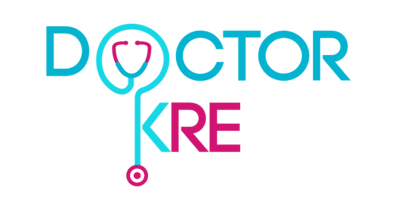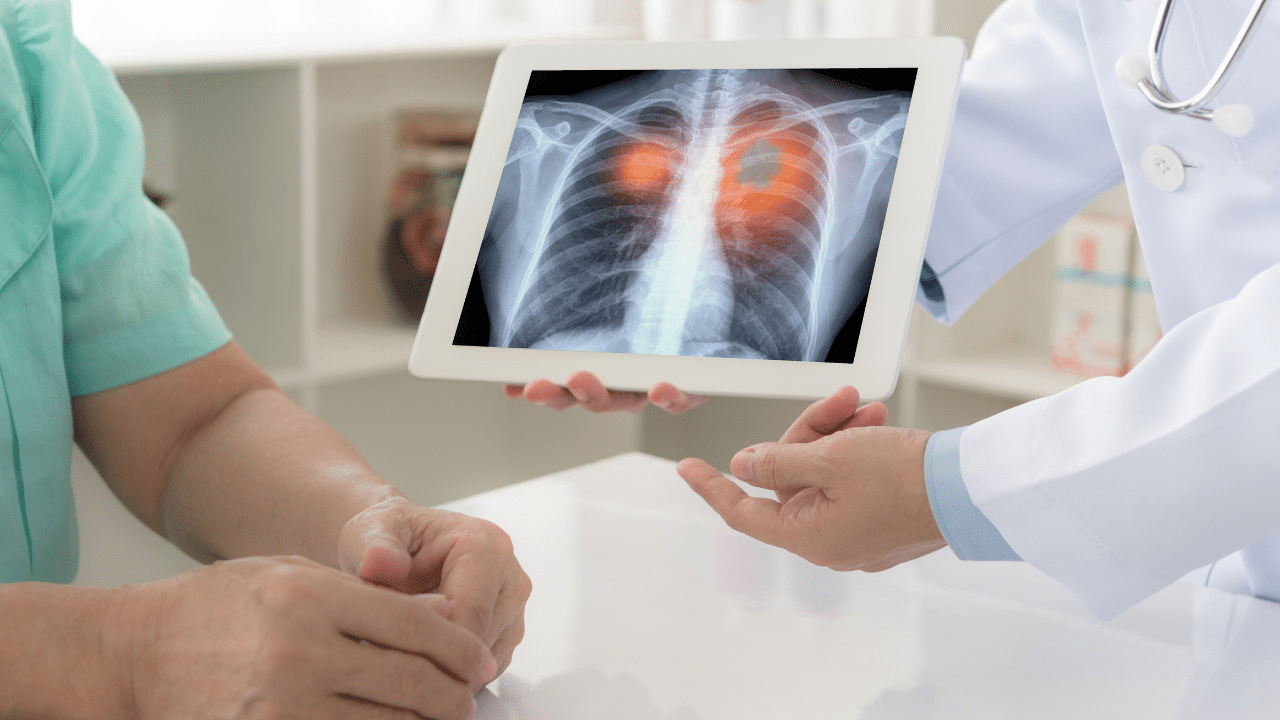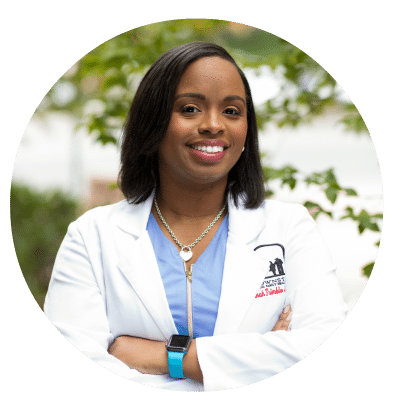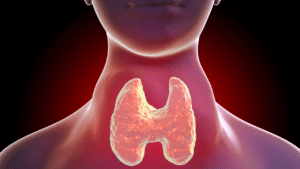Lung cancer is a leading cause of cancer deaths worldwide. It occurs when cells in the lungs grow uncontrollably, often forming tumors that can interfere with breathing and other vital functions. While smoking is the primary risk factor for lung cancer, it can also affect non-smokers.
This blog focuses on lung cancer prevention, early detection methods, and the latest advancements in treatment that offer hope for improved outcomes.
The Risks of Smoking
Smoking is responsible for about 80% of lung cancer deaths. Cigarette smoke contains numerous carcinogens (cancer-causing substances) that damage lung cells and increase the risk of developing lung cancer. The more you smoke and the longer you smoke, the higher your risk.
Other Risk Factors
While smoking is the primary risk factor, other factors can contribute to lung cancer development:
- Exposure to secondhand smoke: Breathing in smoke from others’ cigarettes increases your risk.
- Exposure to radon: A naturally occurring radioactive gas found in some homes.
- Exposure to asbestos and other carcinogens: Occupational exposure to certain chemicals and substances can increase risk.
- Family history of lung cancer: Having a close relative with lung cancer increases your risk.
- Air pollution: Exposure to high levels of air pollution can contribute to lung cancer risk.
Early Detection is Key
Early detection of lung cancer significantly improves treatment success and survival rates. Here’s how:
- Low-dose CT scans: For individuals at high risk, annual low-dose CT scans can detect lung cancer at early stages, when it’s most treatable.
- Symptoms: Be aware of persistent symptoms like a cough that doesn’t go away, coughing up blood, chest pain, shortness of breath, and unexplained weight loss. If you experience these symptoms, see a doctor promptly.
Treatment Advancements
Lung cancer treatment has significantly advanced in recent years, offering new hope for patients. Options include:
- Surgery: To remove the tumor and surrounding tissue.
- Radiation therapy: Uses high-energy rays to kill cancer cells.
- Chemotherapy: Uses anti-cancer drugs to destroy cancer cells.
- Targeted therapy: Uses drugs that target specific molecules involved in cancer cell growth.
- Immunotherapy: Helps the body’s immune system fight cancer cells.
- Combination therapy: Combining different treatment approaches for a more comprehensive approach.
Prevention is the Best Protection
The most effective way to prevent lung cancer is to avoid smoking and exposure to secondhand smoke. If you’re a smoker, quitting is the best thing you can do for your health.
Additional Tips for Lung Health
- Test your home for radon: If levels are high, take steps to reduce radon exposure.
- Be aware of occupational hazards: If you work with hazardous materials, follow safety guidelines to minimize exposure.
- Maintain a healthy lifestyle: Eat a balanced diet, exercise regularly, and get enough sleep to support overall health and reduce cancer risk.
If you have concerns about lung cancer or are experiencing any symptoms, consult your doctor.
Additional Resources:
- American Lung Association: www.lung.org
- Lung Cancer Foundation of America: www.lcfamerica.org
- National Cancer Institute: www.cancer.gov
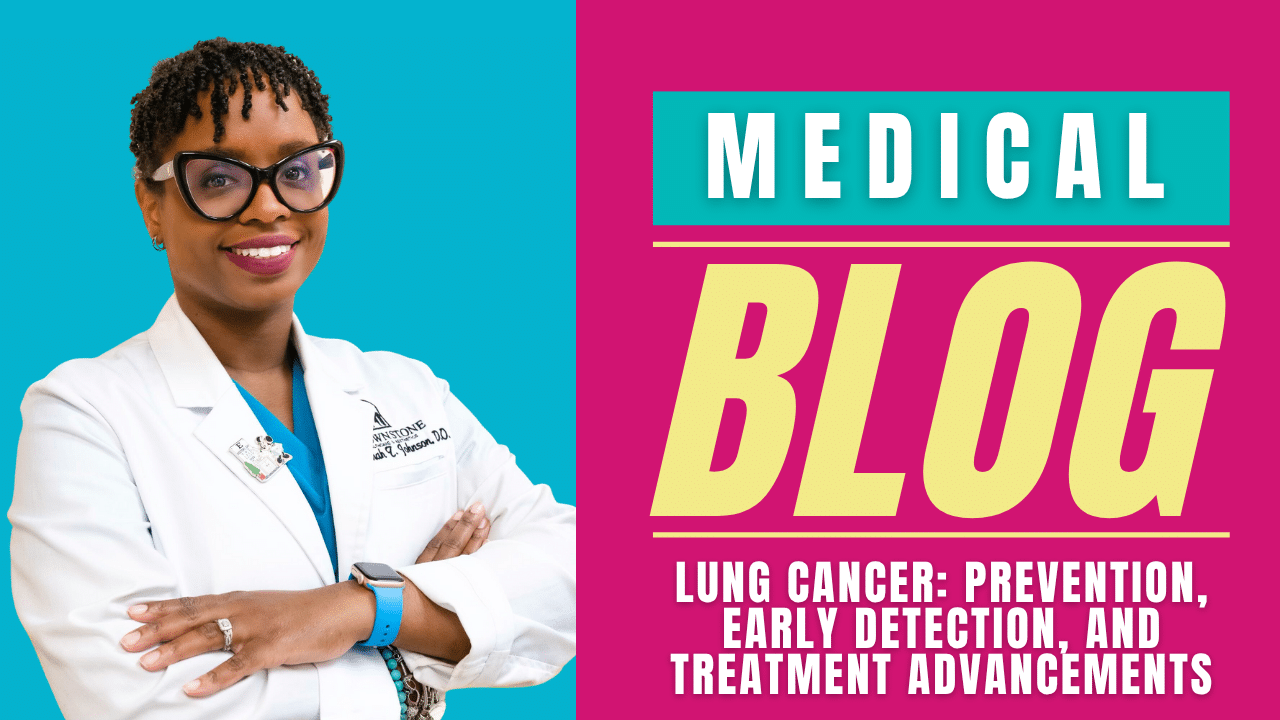
Dr. Kre Johnson is a Board Certified Family Medicine Physician and the sole owner of Brownstone Healthcare and Aesthetics. She is the Medical Director of the City of Birmingham’s Employee Health Clinic-Brownstone BWell Birmingham. She is the Event Producer of Wifeology and the founder of Three Twenty Girls, Inc. She loves God, traveling, and all things Southern!!
Brownstone BWell: Brownstone Healthcare has partnered with the City of Birmingham to offer primary care services to the employees of the City of Birmingham for $0 copayment. This partnership is for preventative services & screenings and sick visits. We partner with your current primary care physician and our goal is to keep you out of the ER and urgent care. We do not share your information with the City of Birmingham. We uphold HIPPA and professional standards. You can visit us at our downtown location 1700 5th Ave N Birmingham, AL 35203 or Trussville: 4643 Camp Coleman Road #117 Trussville, AL 35173 205-202-5650 call for your appointment today.
